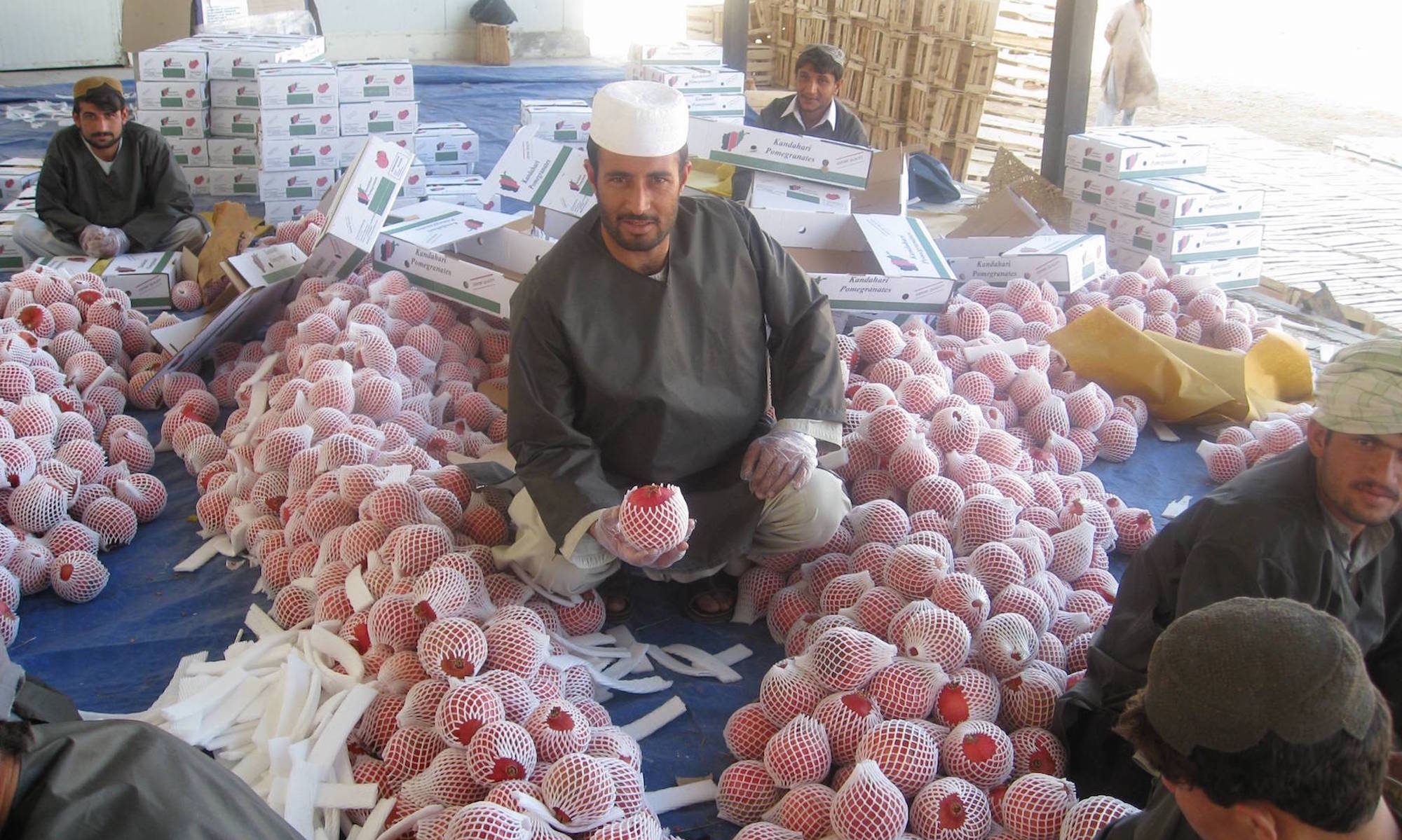A New Course for Pakistan
A Wiser Peace: An Action Strategy For A Post-Conflict Iraq
This report recommends ten key actions that U.S. policymakers and the United Nations must take before the conflict starts in order to maximize potential for success in the post-conflict phase in Iraq. These recommendations draw on ongoing work by the Post-Conflict Reconstruction Project, a collaborative effort between the Center for Strategic and International Studies and the Association of the U.S. Army, and reflect lessons learned through first-hand experience with postconflict reconstruction efforts over the past decade.
